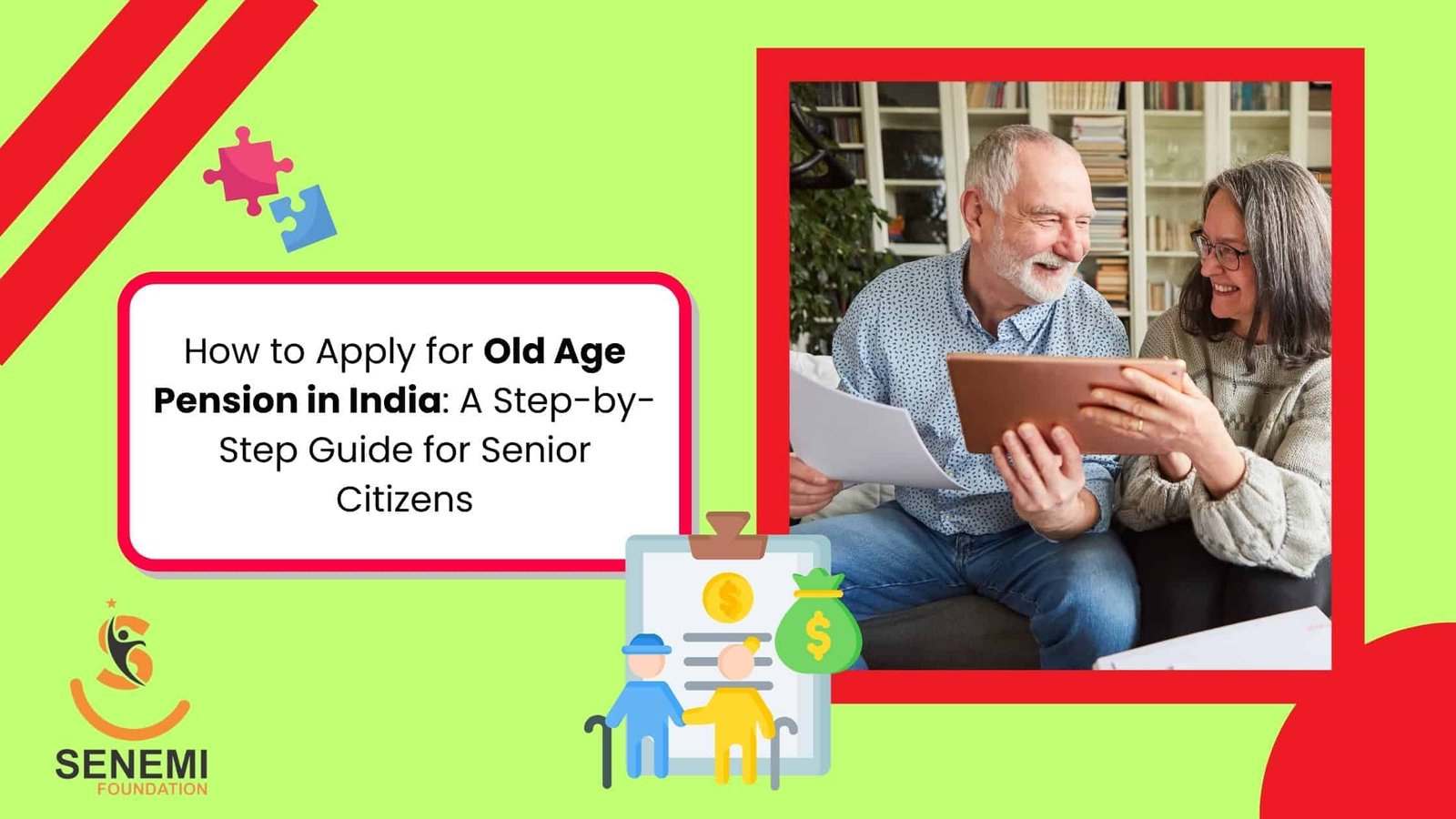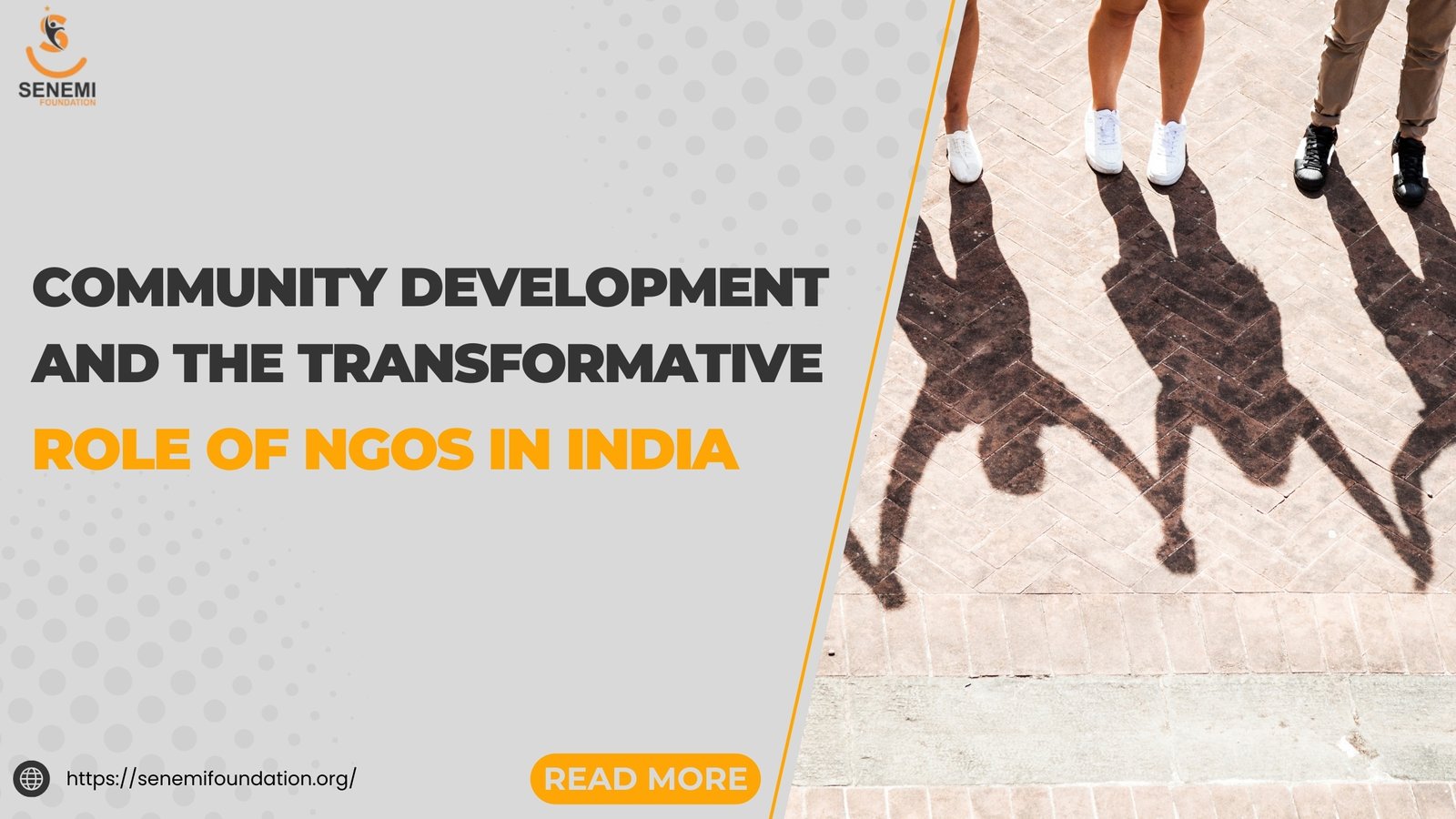

The Urgency of Digital Inclusion in Rural India
As we advance into a more connected and technology-driven world, digital literacy is no longer a luxury—it has become a fundamental skill. For rural youth in India, particularly those in underserved regions such as Uttarakhand and Uttar Pradesh, digital literacy is a bridge to education, employment, and empowerment. NGOs like Senemi Foundation have recognized the critical need to introduce digital literacy programs in villages, helping the next generation thrive in the digital age.
Digital literacy, at its core, refers to the ability to use digital devices, communication tools, and networks to access, manage, and evaluate information. This includes basic computer training, understanding how to navigate the internet, and using digital platforms for learning, working, and social interaction. In the context of rural youth, it is about giving them the tools to participate fully in a world that is increasingly digital.
What is Digital Literacy for Rural Youth?
When we talk about what is digital literacy for rural youth, we're addressing a very specific gap. Many children and teenagers in villages grow up with limited exposure to computers or smartphones. They might see mobile phones used by adults for calls but may never learn how to browse safely, send emails, or use productivity software.
Digital literacy for rural youth encompasses:
- The ability to operate computers and mobile devices
- Understanding how to search for information online
- Learning to identify misinformation
- Accessing e-learning platforms
- Using technology to enhance productivity and creativity
At Senemi Foundation, our digital literacy NGO in Uttarakhand is actively working to make these skills accessible in remote regions like Roorkee, Haridwar, and beyond.
Why Rural Youth Need Digital Education in 2025
The question of why rural youth need digital education in 2025 can be answered by looking at the direction our economy and society are moving. With remote work, e-governance, online learning, and digital payments becoming the norm, lacking digital literacy leaves youth behind in every domain.
In villages, where employment opportunities are often limited to agriculture and small-scale businesses, digital knowledge opens up entirely new horizons. Whether it's applying for government schemes online, learning a new trade through YouTube, or joining an online freelance marketplace, the benefits of digital literacy are limitless. Digital literacy skills are now as important as reading and writing in the modern world.
Digital Empowerment and Breaking the Digital Divide
The digital divide in India remains stark, with many rural students unable to access the same opportunities as their urban counterparts. Digital empowerment means ensuring equitable access to technology and the internet, so that no one is left behind.
Senemi Foundation's mission is rooted in this idea of empowerment. Through our Senemi Foundation digital literacy campaign, we are addressing not only the skill gap but also the lack of infrastructure by:
- Providing refurbished computers
- Conducting free workshops
- Partnering with schools and local panchayats
- Training volunteers to run village-based learning centers
These efforts make us one of the best NGOs for rural students in Uttarakhand.
ICT Training and Tech-Enabled Learning in Villages
Information and Communication Technology (ICT training for youth) goes beyond just using devices. It involves understanding how digital platforms work, how to create content, and how to communicate effectively online. Our digital literacy in education efforts are deeply integrated with tech-enabled learning, where young minds are introduced to online classrooms, virtual labs, and interactive lessons.
With access to online learning resources and mobile learning apps, children in even the remotest areas can now learn the same material as urban students. For example, virtual classrooms in remote areas allow students in Roorkee or small UP villages to attend live classes by expert teachers located hundreds of kilometers away.
Teaching Computer Skills in Villages
How to teach computer skills in villages is a common question asked by many educators and NGOs. At Senemi Foundation, our model is built on simplicity and accessibility. We begin with:
- Basic computer training: Learning to use keyboards, mouse, operating systems
- Digital communication: Email, typing, creating presentations
- Internet safety: Avoiding scams, identifying fake news
- Practical usage: Filling out forms, applying for jobs, digital banking
These are essential types of digital literacy that every child in a rural setting must acquire to function in today's society.
Free Digital Training Programs and Camps
Our free digital training in Haridwar and nearby districts are structured as short-term and long-term camps depending on the age group and prior exposure. The digital literacy program includes:
- Practical sessions with laptops and mobile devices
- Workshops on digital storytelling and content creation
- Introduction to coding through games and puzzles (especially for younger children)
These programs have received widespread support and participation from local communities, as more parents begin to see the advantages of digital literacy for their children's future.
How NGOs Can Help With Digital Literacy
A frequently searched term, how can NGOs help with digital literacy, can be answered through the work being done by Senemi Foundation. From identifying beneficiaries and setting up infrastructure, to training teachers and monitoring progress, NGOs play a key role in rural digital education. We partner with local bodies and tech firms to make digital education a reality in places where even electricity and roads are still a challenge.
Our NGO for youth education in UP villages has reached hundreds of young learners through:
- Community-based digital literacy workshops
- Door-to-door awareness drives
- Distribution of tablets with pre-loaded lessons
We also encourage professionals to volunteer for digital education in UP, offering opportunities to create real grassroots impact.
Future of Youth With Digital Knowledge
The future of youth with digital knowledge is not just brighter—it is empowered. A young person who knows how to use a search engine, write a resume on a computer, or participate in a webinar, is miles ahead in terms of opportunities and self-reliance.
Digital skills not only improve employability but also cultivate critical thinking, innovation, and confidence. These are the traits that shape future entrepreneurs, change-makers, and informed citizens. The impact of digital literacy in village life can be seen in how youth begin to take charge of their surroundings, start community projects, and even help elders access online services.
Bridging Education Gaps With Digital Literacy
Digital literacy in higher education is especially crucial for rural students aspiring for college-level or technical education. In collaboration with local educational institutions, Senemi Foundation is bridging the knowledge gap through:
- Virtual college preparation classes
- Online entrance test coaching
- Mentorship from urban-based professionals
We make sure that the digital education program for poor students is not limited to primary education, but extends all the way to higher studies and employment support.
Role of Digital Literacy in E-Governance Access
With most government services moving online, e-governance access becomes a major barrier for rural populations who are not digitally literate. Through our training, we empower youth to:
- Apply for PAN, Aadhaar, voter ID online
- Use apps like DigiLocker, Umang
- Track benefits and file complaints digitally
The ability to use these platforms transforms rural youth from passive recipients to active participants in governance.
Local Success Stories and Community Impact
In villages near Dehradun and Haridwar, several students trained by Senemi Foundation have gone on to:
- Join online freelancing platforms
- Create YouTube channels for local education
- Assist in digitizing local business operations
These stories inspire other families and establish Senemi as a trusted digital literacy NGO in Uttarakhand. The ripple effect of each trained youth results in an informed, digitally aware village.
Conclusion
In 2025, digital literacy is not just a necessity, it is a human right. For India to truly become Atmanirbhar (self-reliant), its youth—including those in the most distant villages—must be equipped with digital skills. NGOs like Senemi Foundation are laying the foundation for a more equitable, connected, and empowered India.
From basic computer training to tech-enabled learning, from Haridwar to Roorkee, from Delhi to UP villages, our digital literacy movement continues to grow.
Let us all join hands to ensure that no youth is left behind in the digital revolution.
 Abhay
Abhay








